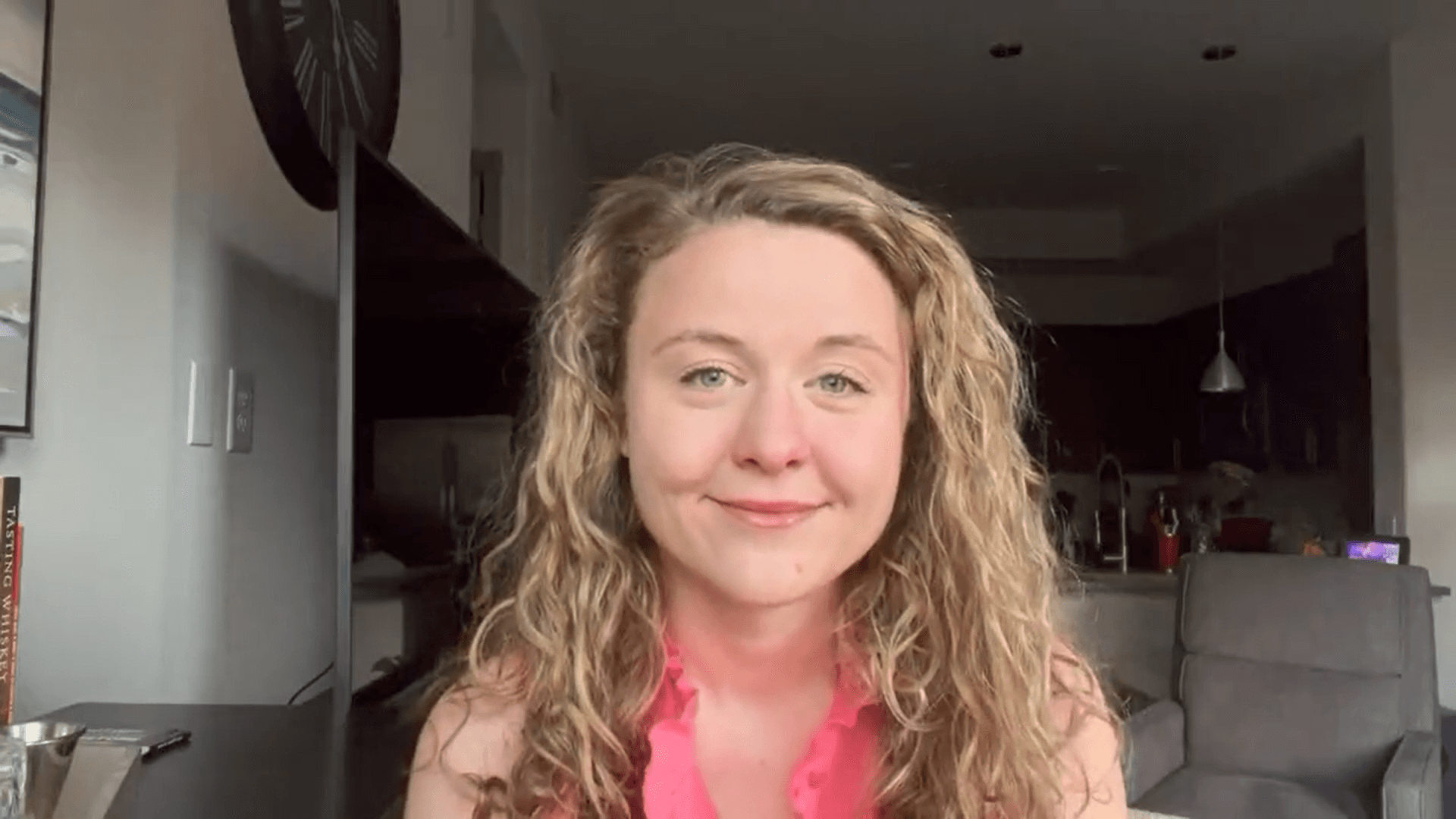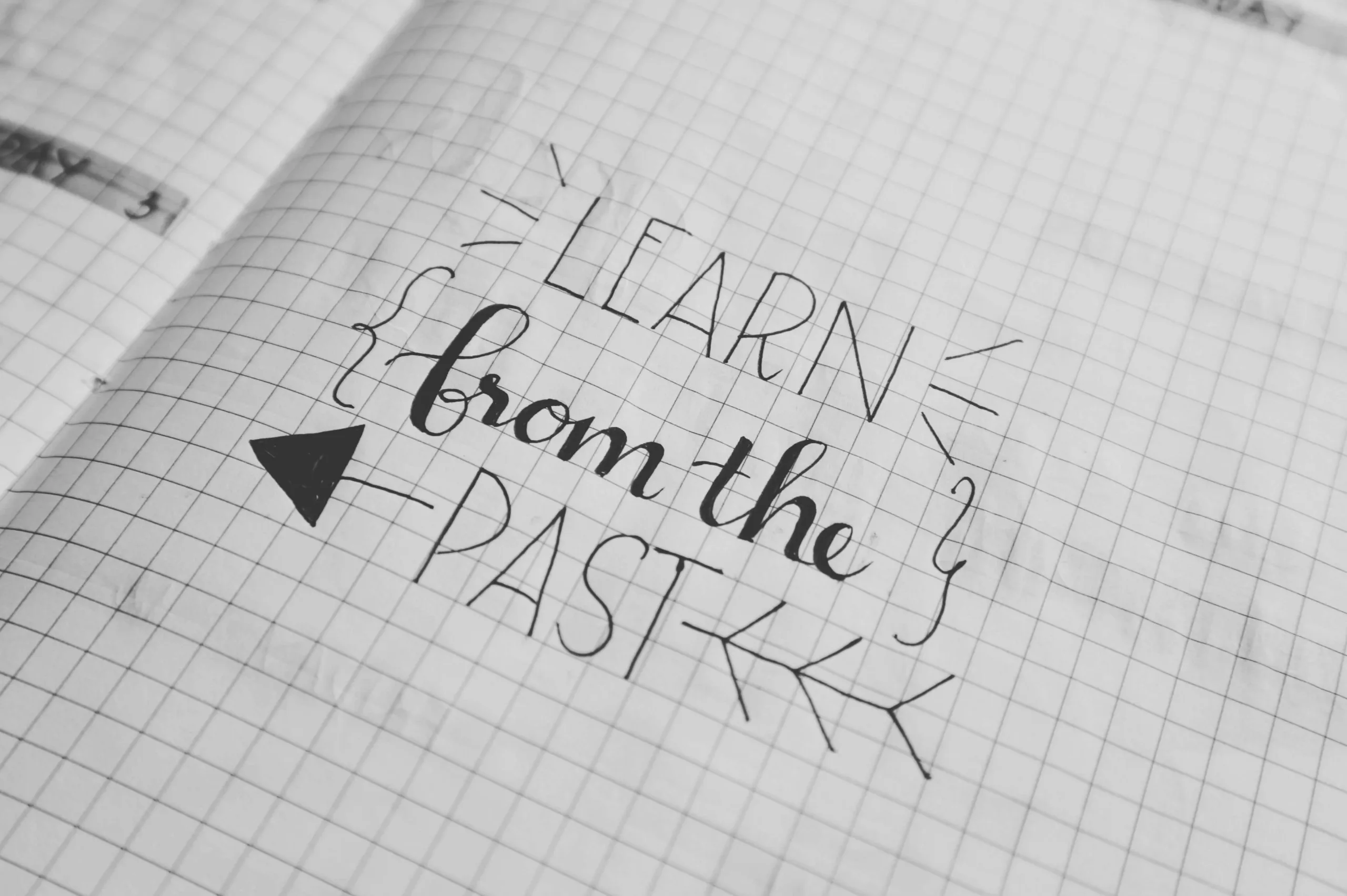Dive into a world of insightful articles, captivating stories, and expert guidance from this institution’s researchers. Explore the latest findings, cutting-edge research, and engaging narratives that contribute to the ever-evolving realm of knowledge.
Featured Academic

In this article, Bettina Lier shares her experience of applying for a PhD scholarship and how she initially found the application process overwhelming. With the support of her supervisor she overcame her doubts, and successfully completed the proposal. Her story is a great example of how with the right mindset and support, we can overcome any challenge.

Learn how to increase your chances of getting a PhD scholarship by reading the tips and experiences shared by Chris Thompson. This article covers important areas such as personalizing your application, creating a positive social media presence, and more.

In this PhD Talk, Karly Ball draws on both personal experiences and important insights from her study into navigating disability disclosure in the PhD application process. She outlines three potential considerations for disclosing a disability during this process.

This article highlights the issue of unclear and unpredictable application processes for postdoctoral opportunities in the UK and beyond. Drawing on philosophical concepts like hauntology, it calls for universities to honour (or refrain from setting!) their ‘outcome announcement’ dates, as this would alleviate disappointment and foster greater fairness and transparency in postdoctoral applications.

This article reflects on the author’s 15-year academic journey, detailing the lessons learned from disorganised PhD student to effective work habits as a postdoc and assistant professor, and applying these lessons to their current role at Paperpile. Suzanne offers practical advice on academic writing, productivity, and professional development, emphasizing the importance of daily writing practice, systematic note-taking, reflection, goal setting, and the use of digital tools like reference managers. She shares these insights to help current PhD students avoid similar pitfalls and develop productive habits early in their academic careers.

Ever spent years in a degree you were not happy with? This PhD student has, and she advocates for being brave enough to choose personal fulfilment over societal expectations and conventional timelines. In this article, she shares her breakthrough in changing academic direction to a path that better aligns with her passions, and offers empowering words to others who may be in a similar situation.

Dr Due-Gundersen outlines how to publish your thesis as a peer-reviewed book.

Most academic papers are rejected because of unclear writing, not weak research. These five editing techniques help you see your draft clearly, sharpen your argument, and submit with confidence.
Be the first to hear about new content, courses, and events. Join our community today!
You’re in! Thanks for signing up. Keep an eye on your inbox for the latest updates, resources, and exclusive offers.